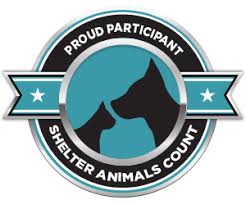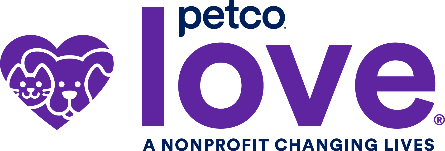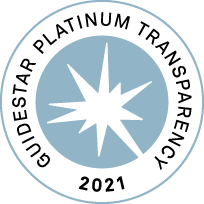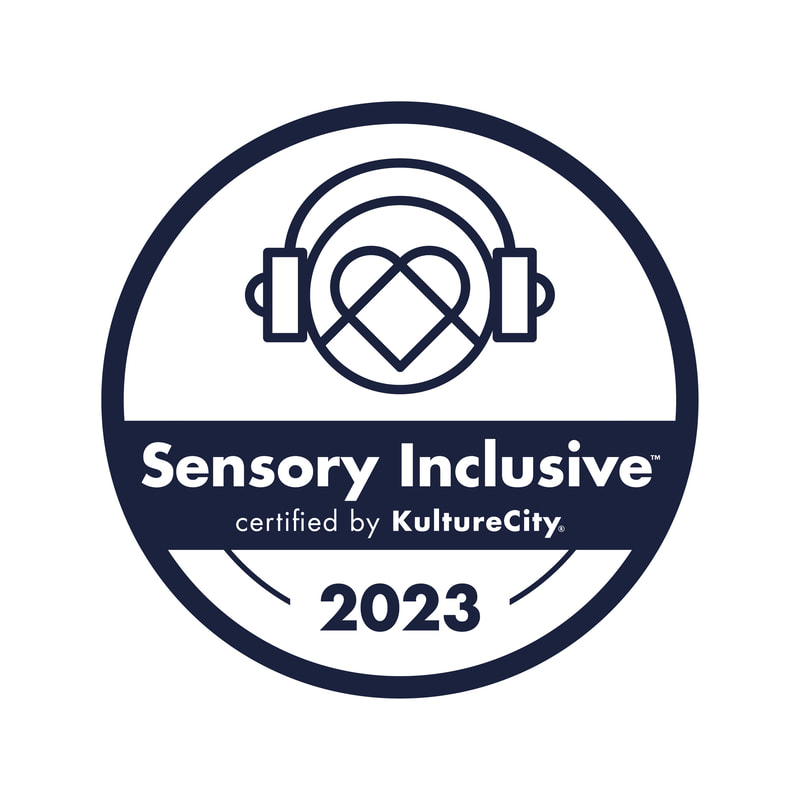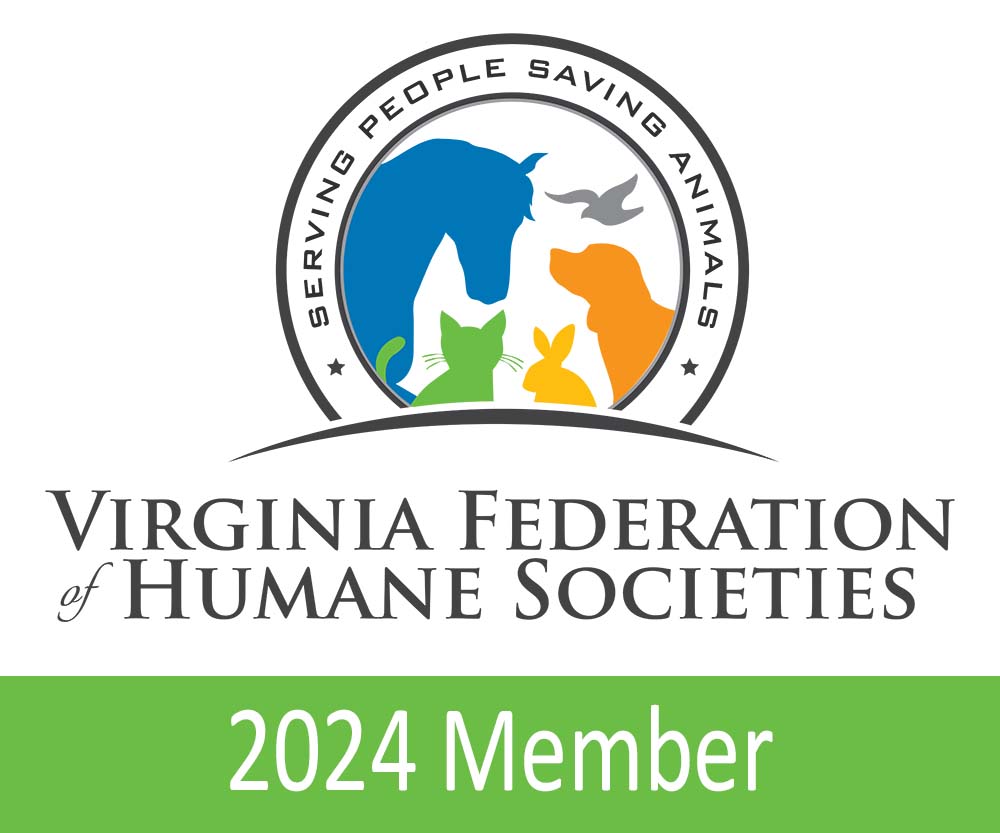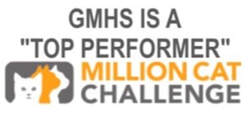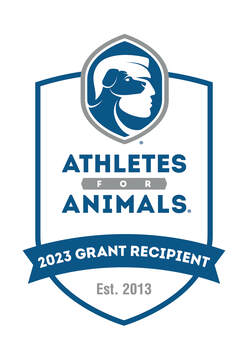Frequently Asked Questions
Our Role In The Community
Q: What is the difference between Animal Control and GMHS?
A: Each county employs its own animal control officers and has its own department that manages local animals. The role of a county animal control department is to control the spread of rabies by enforcing rabies vaccinations, licensing, bite reports, stray and injured, or dangerous animals.
GMHS is not a government agency, but a non-profit organization. GMHS is contracted with the county of Mathews to take unwanted or stray dogs and cats. We are also contracted with Gloucester, but only to hold stray cats. Over 90% of our operating budget comes from private donations and our mission as a private non-profit is to help all counties in the middle peninsula. We offer low cost spay and neuter options for pets, pet food assistance for people in need, and we will take owner surrender animals from the public or take animals from other area shelters when we have space available to do so.
Q: Is GMHS a no-kill shelter?
A: No-kill is a term commonly used for shelters with a live-release rate over 90% or guarantees adoption for all healthy and adoptable animals. A live-release rate is the number of animals adopted or transferred to another rescue group. GMHS currently has an overall live-release rate of 96%. GMHS never euthanizes for length of stay or space. Pets are euthanized only in the case of terminal illness and active suffering or they cannot be safely placed in the community.
Q: Will GMHS come pick up animals from my home or property?
A: Unfortunately, GMHS does not pick up animals. Your local animal control department has officers that are either able to assist you, or can loan you traps if needed, so you can bring an animal in need of help to GMHS.
A: Each county employs its own animal control officers and has its own department that manages local animals. The role of a county animal control department is to control the spread of rabies by enforcing rabies vaccinations, licensing, bite reports, stray and injured, or dangerous animals.
GMHS is not a government agency, but a non-profit organization. GMHS is contracted with the county of Mathews to take unwanted or stray dogs and cats. We are also contracted with Gloucester, but only to hold stray cats. Over 90% of our operating budget comes from private donations and our mission as a private non-profit is to help all counties in the middle peninsula. We offer low cost spay and neuter options for pets, pet food assistance for people in need, and we will take owner surrender animals from the public or take animals from other area shelters when we have space available to do so.
Q: Is GMHS a no-kill shelter?
A: No-kill is a term commonly used for shelters with a live-release rate over 90% or guarantees adoption for all healthy and adoptable animals. A live-release rate is the number of animals adopted or transferred to another rescue group. GMHS currently has an overall live-release rate of 96%. GMHS never euthanizes for length of stay or space. Pets are euthanized only in the case of terminal illness and active suffering or they cannot be safely placed in the community.
Q: Will GMHS come pick up animals from my home or property?
A: Unfortunately, GMHS does not pick up animals. Your local animal control department has officers that are either able to assist you, or can loan you traps if needed, so you can bring an animal in need of help to GMHS.
Cruelty/Neglect and Wildlife
Q: I found an injured animal, or my neighbor is mistreating his/her pet. What should I do?
A: All questions regarding injured animals or cruelty complaints should be referred to your local Animal Control.
Gloucester Animal Control (Gloucester Residents)
804-693-5290
Mathews Animal Control (Mathews Residents)
804-725-7177
Middlesex Animal Control (Middlesex Residents)
804-815-1268
Q: There is a dead animal on the road. What do I do?
A: Call the Virginia Department of Transportation at 540-899-4288 or 800-367-7623
Q: What do I do if I find orphaned or injured wildlife?
A: If you find a baby deer, leave it alone. The mother will come back for it! If you find a baby bird in the spring, it may be a fledgling, or a baby bird who has just come into the feathers it needs to fly. If it is otherwise uninjured, leave it where it is, so it can learn to fly. If you see other orphaned or injured wildlife, please visit the Virginia Department of Game and Inland Fisheries and search their Licensed Wildlife Rehabilitators active in your area.
Q: Can I rent traps to catch wildlife?
A: The shelter does not supply traps to catch wildlife.
A: All questions regarding injured animals or cruelty complaints should be referred to your local Animal Control.
Gloucester Animal Control (Gloucester Residents)
804-693-5290
Mathews Animal Control (Mathews Residents)
804-725-7177
Middlesex Animal Control (Middlesex Residents)
804-815-1268
Q: There is a dead animal on the road. What do I do?
A: Call the Virginia Department of Transportation at 540-899-4288 or 800-367-7623
Q: What do I do if I find orphaned or injured wildlife?
A: If you find a baby deer, leave it alone. The mother will come back for it! If you find a baby bird in the spring, it may be a fledgling, or a baby bird who has just come into the feathers it needs to fly. If it is otherwise uninjured, leave it where it is, so it can learn to fly. If you see other orphaned or injured wildlife, please visit the Virginia Department of Game and Inland Fisheries and search their Licensed Wildlife Rehabilitators active in your area.
Q: Can I rent traps to catch wildlife?
A: The shelter does not supply traps to catch wildlife.
Community Cats
Q: What is the difference between a feral and a stray cat?
A: A stray cat can be any cat without a home. Some stray cats have learned to care for themselves but they have been social with humans at some point in their life. A feral cat is the offspring of a stray cat. It has never had a friendly social relationship with humans.
Q: What do I do if I find a cat?
A: Cats are rarely lost. If the cat appears to be healthy and in good condition it is best to leave the cat where you found it. If the cat is injured or in need of medical help please call the Humane Society or your local animal control department for assistance. Do not feed the cat unless you plan to keep it, have it spayed/neutered, and provide medical care for it.
Q: What do I do if I find kittens without a mom?
A: Don’t touch them. In most cases the mother is nearby and will be back for them! If you know for certain that the mother is no longer caring for them please bring them to the Humane Society immediately. We would be happy to explain how to care for them if you would like to help or keep a kitten. Kittens need special formula and do not drink cow’s milk. They also need vaccines and treatment for parasites.
Q: If there are unwanted community cats on a person's property, can the shelter come and remove them?
A: Unfortunately, the Humane Society does not pick up animals. Your local animal control department has officers that are either able to assist you, or can loan you traps if needed, so you can bring an animal in need of help to the Humane Society. Gloucester County residents can borrow humane traps from GMHS for qualified situations. A deposit is required. However, trapping and removing unwanted cats tends to open up that territory to other cat colonies, especially if there is access to a food source. If is more effective to:
Q: How can Middle Peninsula residents help cats in our community?
A: Prevention is the best solution to pet overpopulation. Residents should spay and neuter their pets and keep pet cats indoors. If you are interested in fostering cats or kittens while they wait for their forever home, please visit our Foster Care webpage. If you are interested in helping manage feral colonies of cats, please contact GMHS at 804-693-5520 ext 102 to arrange low cost spay/neuter and receive information on managing a colony.
Q: Cats in my community keep having kittens! What can I do?
A: If the cat has an owner you can tell them about our low cost spay and neuter assistance options. They can call 804-693-5520 ext 102 see if they qualify for the low cost spay/neuter program. If the cat does not have an owner, but you are willing to help, we can still assist with spaying and neutering so that it can be released and live its life without continuing to give birth to unwanted litters.
Q: There is a pregnant cat around my house! What can I do?
A: Please call us immediately! We do not want any kittens being born outdoors, without proper medical care, or socialization. Gloucester County residents can borrow humane traps. Deposits are required. We can schedule you an appointment to bring the cat to the shelter.
Q: I was bit by a cat. What do I do?
A: Seek immediate medical attention and call your local Animal Control office. The responding officer may confine the animal for a quarantine period.
A: A stray cat can be any cat without a home. Some stray cats have learned to care for themselves but they have been social with humans at some point in their life. A feral cat is the offspring of a stray cat. It has never had a friendly social relationship with humans.
Q: What do I do if I find a cat?
A: Cats are rarely lost. If the cat appears to be healthy and in good condition it is best to leave the cat where you found it. If the cat is injured or in need of medical help please call the Humane Society or your local animal control department for assistance. Do not feed the cat unless you plan to keep it, have it spayed/neutered, and provide medical care for it.
Q: What do I do if I find kittens without a mom?
A: Don’t touch them. In most cases the mother is nearby and will be back for them! If you know for certain that the mother is no longer caring for them please bring them to the Humane Society immediately. We would be happy to explain how to care for them if you would like to help or keep a kitten. Kittens need special formula and do not drink cow’s milk. They also need vaccines and treatment for parasites.
Q: If there are unwanted community cats on a person's property, can the shelter come and remove them?
A: Unfortunately, the Humane Society does not pick up animals. Your local animal control department has officers that are either able to assist you, or can loan you traps if needed, so you can bring an animal in need of help to the Humane Society. Gloucester County residents can borrow humane traps from GMHS for qualified situations. A deposit is required. However, trapping and removing unwanted cats tends to open up that territory to other cat colonies, especially if there is access to a food source. If is more effective to:
- Do not leave out any food items, including scraps, cat food or dog food.
- Consider using cat repellent, commonly sold at hardware and some home goods stores.
- Check with neighbors to make sure they are not leaving out food for cats.
- Minimize shelter opportunities by closing off holes in sheds and garages.
Q: How can Middle Peninsula residents help cats in our community?
A: Prevention is the best solution to pet overpopulation. Residents should spay and neuter their pets and keep pet cats indoors. If you are interested in fostering cats or kittens while they wait for their forever home, please visit our Foster Care webpage. If you are interested in helping manage feral colonies of cats, please contact GMHS at 804-693-5520 ext 102 to arrange low cost spay/neuter and receive information on managing a colony.
Q: Cats in my community keep having kittens! What can I do?
A: If the cat has an owner you can tell them about our low cost spay and neuter assistance options. They can call 804-693-5520 ext 102 see if they qualify for the low cost spay/neuter program. If the cat does not have an owner, but you are willing to help, we can still assist with spaying and neutering so that it can be released and live its life without continuing to give birth to unwanted litters.
Q: There is a pregnant cat around my house! What can I do?
A: Please call us immediately! We do not want any kittens being born outdoors, without proper medical care, or socialization. Gloucester County residents can borrow humane traps. Deposits are required. We can schedule you an appointment to bring the cat to the shelter.
Q: I was bit by a cat. What do I do?
A: Seek immediate medical attention and call your local Animal Control office. The responding officer may confine the animal for a quarantine period.

